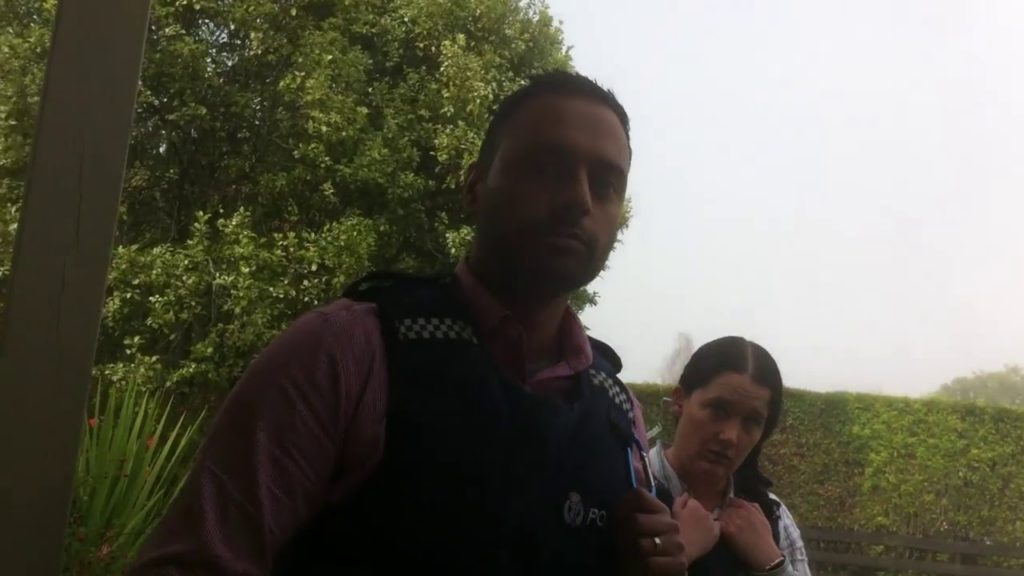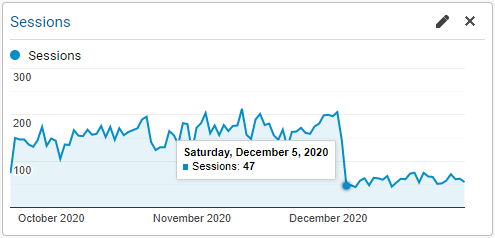
Society in the Clown World of 2024 is full of mental illness. This mental illness operates on all of the individual, family, community and national levels. Although some of this mental illness is organic, resulting from the natural struggles of biological life, most of it is artificial. One of the most prevalent psychiatric problems today is almost entirely artificial: workamania.
Workamania, simply put, is the artificially-generated obsession with working as much as possible.
This involves the obsession with being in the workplace for as many hours as possible. It particularly involves being seen in the workplace for as many hours as possible. From this mindset comes the phenomena where workers try to arrive before their boss but not leave until after them, and where employees are on-call 24/7. From these phenomena come all kinds of stress-related mental and physiological disorders, most of which are considered normal when they’re really caused by workamania.
Workamania comes with its own complete moral schedule.
In the same way that, for money worshippers, a person’s value can be measured by their net worth, for workamaniacs a person’s value can be measured by hours worked. In truth, it is not hours worked but amount suffered that is the measure of moral value for the workamaniac. But hours worked serves as a useful proxy.

For money worshippers, the outgroup are the poor. For workamaniacs, the outgroup are the idle. Beneficiaries are a special enemy. No-one is permitted to live a low-consumption lifestyle in an effort to reduce environmental pressure. Hippies are almost as low as beneficiaries.
The deep ingroup are employers, who are like gods. Employers give meaning to life. Before the employer came into the world, all was chaos. A person is only considered a legitimate human being if they have an employer giving them directions all day. Anyone without an employer has no real status to the workamaniac. One’s employment is one’s identity.
The concept of a universal basic income is anathema to the workamaniac. The automatic assumption is that a UBI would encourage laziness, and no-one would ever work again. This masochistic logic reveals that Protestant Christianity is one of the major influences on workamania.
Implicit to workamania is the acceptance that an employer can never offer so low a wage that a job isn’t worth doing. No matter how miserly the wage, it’s good honest work. In fact, the worse the working conditions, somehow the more honest the work. In any case, the experience will no doubt be invaluable, the workaholics say. In no case is a worker permitted to think that an offered wage is too poor to accept a job.
Another aspect of workamania is that all is forgiven if you work a lot. You can beat your partner, abandon your kids, drive drunk and cause accidents, but if you work a large number of hours then you’re still an upstanding member of society. This goes double if you have worked for a large number of years at the same place.
Likewise, a person who is known to not work long hours is irredeemable. Even if that person spends their time looking after elderly family members or doing volunteer work in the community, they’re still a bad person if they don’t have a job. Taking a holiday is only acceptable if your doctor says you have to do it for stress-related reasons.
It’s crucial to note that workamania is not a naturally-occurring phenomenon. It’s pushed on us by a sadistic, slave-driving ruling class that controls the mainstream media and, by so doing, controls our moral sentiments.
Our rulers want two things from us: productivity and obedience. Productivity makes our rulers rich and powerful, by giving them a big surplus to skim off our labour. Obedience makes the position of our rulers secure. Workamania achieves both objectives, which is why people are brainwashed into it through the school system, the media and in their place of employment.

In C-PTSD: From Surviving To Thriving, Pete Walker describes four major types of reaction to traumatic stress: fawn, freeze, flight and fight. Flight is the moderately extraverted response that involves using high amounts of energy to escape a situation. In today’s society, many people with traumatic stress disorders develop into workaholics. This is because they can’t sit still and enjoy their own thoughts.
Workamania can be considered the collective-level equivalent of what workaholism is to the individual level. It’s a traumagenic self-hatred that leads to an inability to enjoy everyday life. It’s when an entire people cannot appreciate its own company, and has to keep itself busy to avoid coming face-to-face with that fact.
Workaholics and workamaniacs naturally get on well together. After all, they share very similar goals. The difference is that the workaholic is escaping something and is thus usually in a state of low-excitement depression, whereas the workamaniac is in a state of high-excitement hysteria.
None of this is to suggest that working is bad, or that a work ethic is not important. The high standard of living that has been built in the West in recent centuries has been made possible largely through a good work ethic. Working hard is the most likely way to go from poor to comfortable.
We need to draw a line, however, between a healthy amount of work and workamania. A healthy amount of work is one that maximises the worker’s quality of life. An unhealthy amount of work is one that maximises the profits of the worker’s owners, to the exclusion of all other considerations.
*
For more of VJM’s ideas, see his work on other platforms!
For even more of VJM’s ideas, buy one of his books!
*
If you enjoyed reading this piece, buy a compilation of our best pieces from previous years!
Best VJMP Essays and Articles of 2023
Best VJMP Essays and Articles of 2022
Best VJMP Essays and Articles of 2021
Best VJMP Essays and Articles of 2020
Best VJMP Essays and Articles of 2019
Best VJMP Essays and Articles of 2018
Best VJMP Essays and Articles of 2017
*
If you would like to support our work in other ways, make a donation to our Paypal! Even better, buy any one of our books!
















